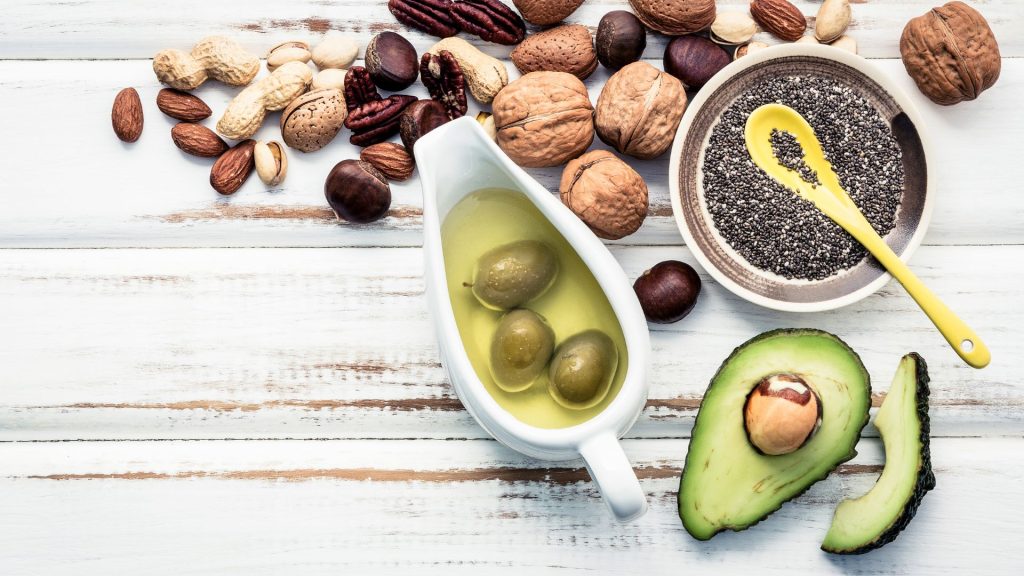
Nutritional supplements may include daily multivitamins; calcium, iron and magnesium supplements; anti-oxidants like Coenzyme Q10; proteins and amino acids used for weight loss or muscle building. When selecting nutritional supplements be sure to look for ones marked with a Certificate of Analysis that certifies they meet specific standards and specifications.
Before beginning a dietary supplement regimen, speak to your doctor. He or she can advise which ones can address a particular health concern, warn of possible adverse side effects and help avoid interactions with medications you already take.
Vitamins & Minerals
Vitamins and minerals are organic compounds our bodies need in small amounts for various metabolic processes. Achieving adequate amounts can best be accomplished through eating a healthy, unprocessed diet; however, certain individuals may require vitamin or mineral supplements, including pregnant or breastfeeding women, those on restricted diets, those taking certain antibiotics medication as well as people taking high-dose supplements which must only be taken with medical advice.
Fruits and vegetables, nuts, legumes, whole grains, fish and dairy products are excellent sources of vitamins and minerals, with nuts especially providing phytochemicals that may reduce cancer and heart disease risks. While supplementation might seem beneficial in theory, most adults who eat a balanced diet do not require daily vitamin and mineral pills – taking high-dose pills could cause nausea, stomach upset and diarrhea while considering whether certain supplements might interfere with medications or cause toxicities (for instance too much Vitamin A can lead to hair loss, cracked lips, dry skin and increased blood calcium levels).
Proteins & Amino Acids
Amino acids are the building blocks of proteins and essential for many vital bodily processes such as enzyme production, hormone release and neurotransmitter function. While the body can produce some essential amino acids itself, others must come from food sources if a deficiency arises – deficiencies can result in serious health problems for an individual.
There are 20 amino acids, but nine of them are essential: histidine, isoleucine, leucine, lysine, methionine, phenylalanine threonine and valine. You must obtain these through diet.
Amino acids can be found in protein-rich foods such as meat, eggs, dairy products, nuts, seeds and beans. Proteins are large molecules with numerous biological functions including DNA replication, catalyzing metabolic reactions and providing structural support for cells. Each protein molecule is composed of linear chains of amino acids held together with peptide bonds; each acid has an amino group, carboxyl group and variable side chains (see image above) whose sequence and interactions determine its three-dimensional shape.
Essential Fatty Acids
Over the past decade, there has been increasing recognition that certain fats are essential to proper body functioning; these beneficial lipids are called essential fatty acids and they must come from food or supplements in order to obtain essential fatty acid benefits.
Your body can synthesize nonessential fatty acids from amino acids found in food you eat, but cannot create essential ones on its own. Therefore, obtaining essential fatty acids through your diet is absolutely vital. Linoleic acid and alpha-linolenic acid (ALA), two essential fatty acids commonly consumed as EFAs that can then be converted to longer chains such as eicosapentaenoic acid (EPA) or docosahexaenoic acid (DHA).
Down to Earth offers a selection of essential fatty acid supplements in both liquid and capsule forms that play an essential role in brain development, blood health and inflammation reduction within the body.
Other Nutrients
Supplementation may not always be necessary; in certain instances, however, supplementation can be useful. Fat-soluble vitamins, for instance, can be better absorbed when taken along with food containing fat and stored in your liver and fatty tissues for future use; or with certain health conditions it may be difficult for you to absorb certain nutrients through food alone; other examples of essential nutrients include chloride (an electrolyte that assists with maintaining fluid balance) and sodium (an essential mineral that plays an integral part in muscle function as well as blood pressure maintenance), while trace minerals include iron manganese, and zinc.


